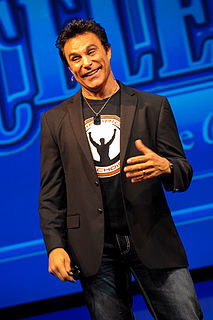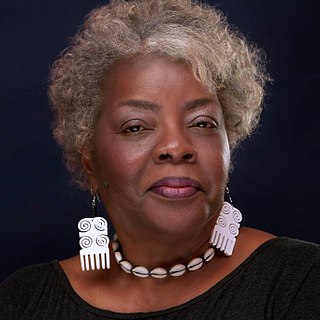A Quote by Miriam Defensor-Santiago
We are legislators, not public works contractors. People look up to us to make serious laws that could change the lives of a great number of people or could change the way society is run or managed.
Related Quotes
Laws, it is said, are for the protection of the people. It's unfortunate that there are no statistics on the number of lives that are clobbered yearly as a result of laws: outmoded laws; laws that found their way onto the books as a result of ignorance, hysteria or political haymaking; antilife laws; biased laws; laws that pretend that reality is fixed and nature is definable; laws that deny people the right to refuse protection. A survey such as that could keep a dozen dull sociologists out of mischief for months.
People fear change, Change is not knowing what’s going to happen. People sometimes mistake change as a negative. I look at change as exciting, look at it as an opportunity to make your life better. Fear builds mountains, Faith removes them. It’s time for you to conquer new horizons. Today is going to be a GREAT day for a change!
There seems to be something in the zeitgeist, and maybe it's a function of - I'm no analyst, nor am I a psychologist - when you look at things and say, What if I could go back and change things? I think we live in a world right now where people are asking those questions a lot. What if we could go back and change what we did? How would we change the way we handled things in the Middle East, and how would we change things with the banking industry, and how would we change economic and educational issues?
I was lucky enough to build on the work of a number of people who had already run laps around this theory-building track. The original classification scheme, years ago, distinguished radical from incremental change. The theory said that established firms managed incremental change well, but would be expected to founder when their industry encountered a radical change.
Jesus does not respond to our worry-filled way of living by saying that we should not be so busy with worldly affairs. He does not try to pull us away from the many events, activities, and people that make up our lives. . . . He asks us to shift the point of gravity, to relocate the center of our attention, to change our priorities. Jesus does not speak about a change of activities, a change in contacts, or even a change of pace. He speaks about a change of heart.
When you're really trying to make serious change, you don't want people to get caught up in emotion because change isn't emotion. Because change isn't emotion. Its real work and organization and strategy - that's just the truth of it. I mean, you pull people in with inspiration, but then you have to roll up your sleeves and you've got to make sacrifices and you have got to have structure.
There were 16 people in the race, including a number of governors, and there's only one left. And I think that at the end we have to make sure that we have somebody that can go to that town, change that system, grow employment, change the whole way in which it works and ship power money and influence back to the states. So I'm optimistic about it.


































